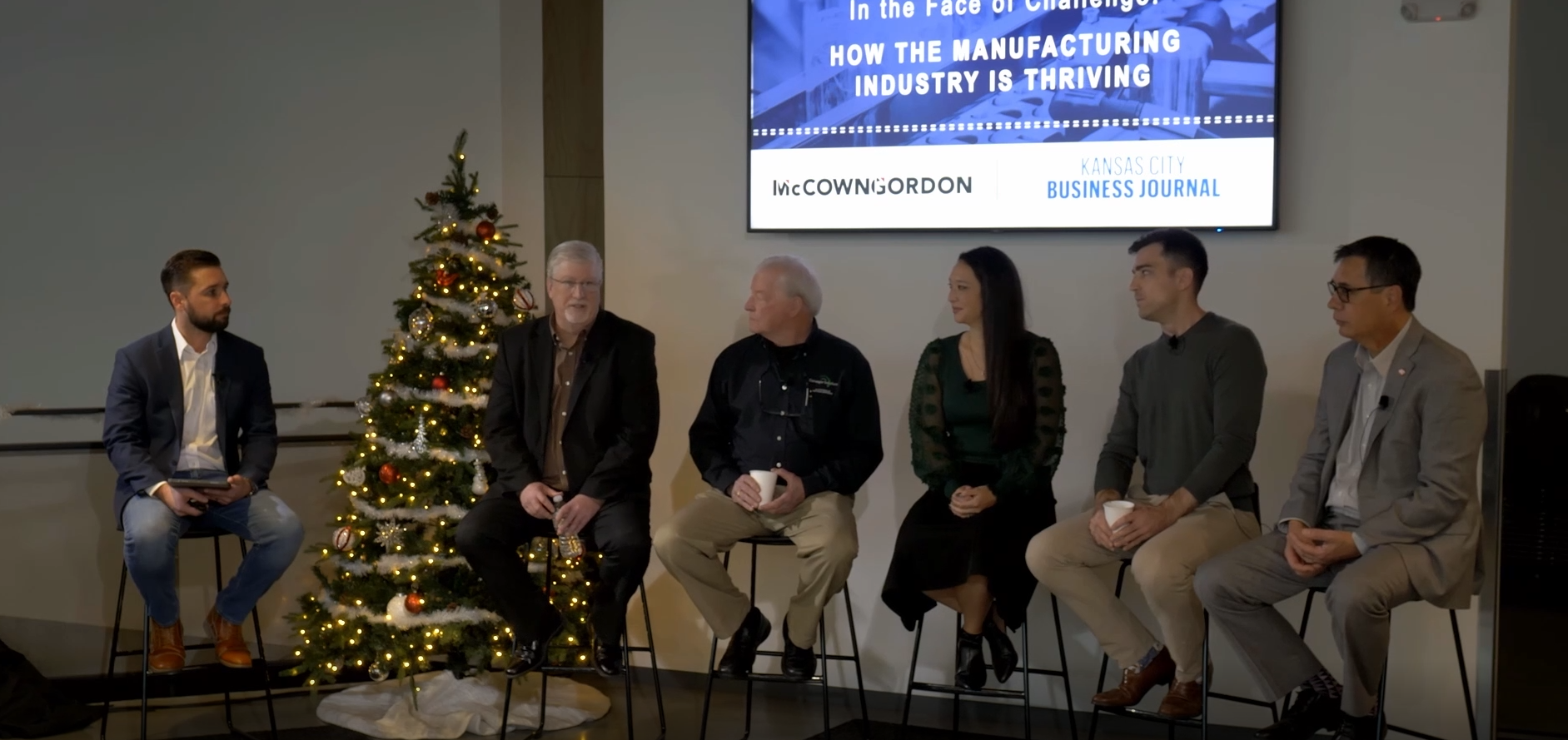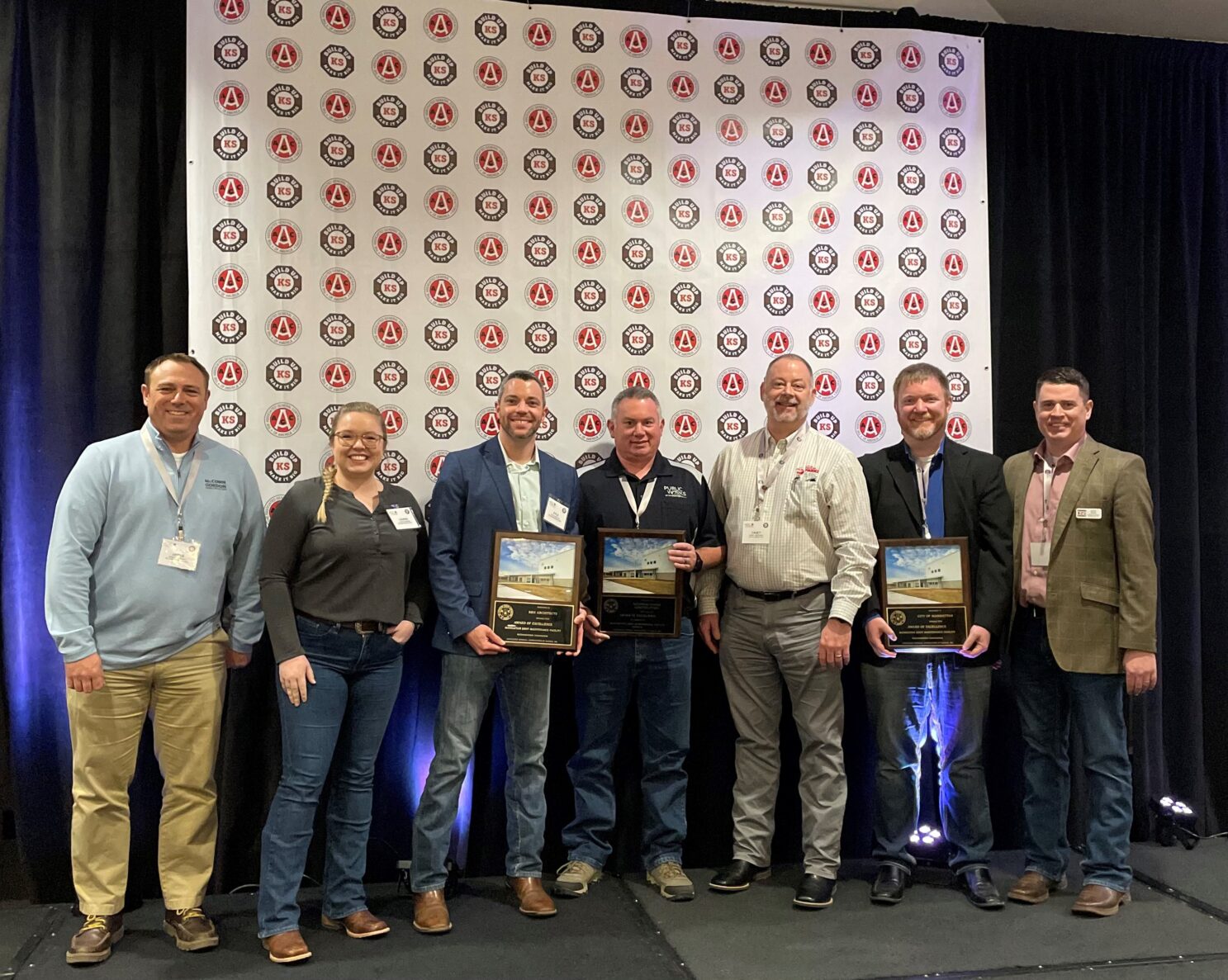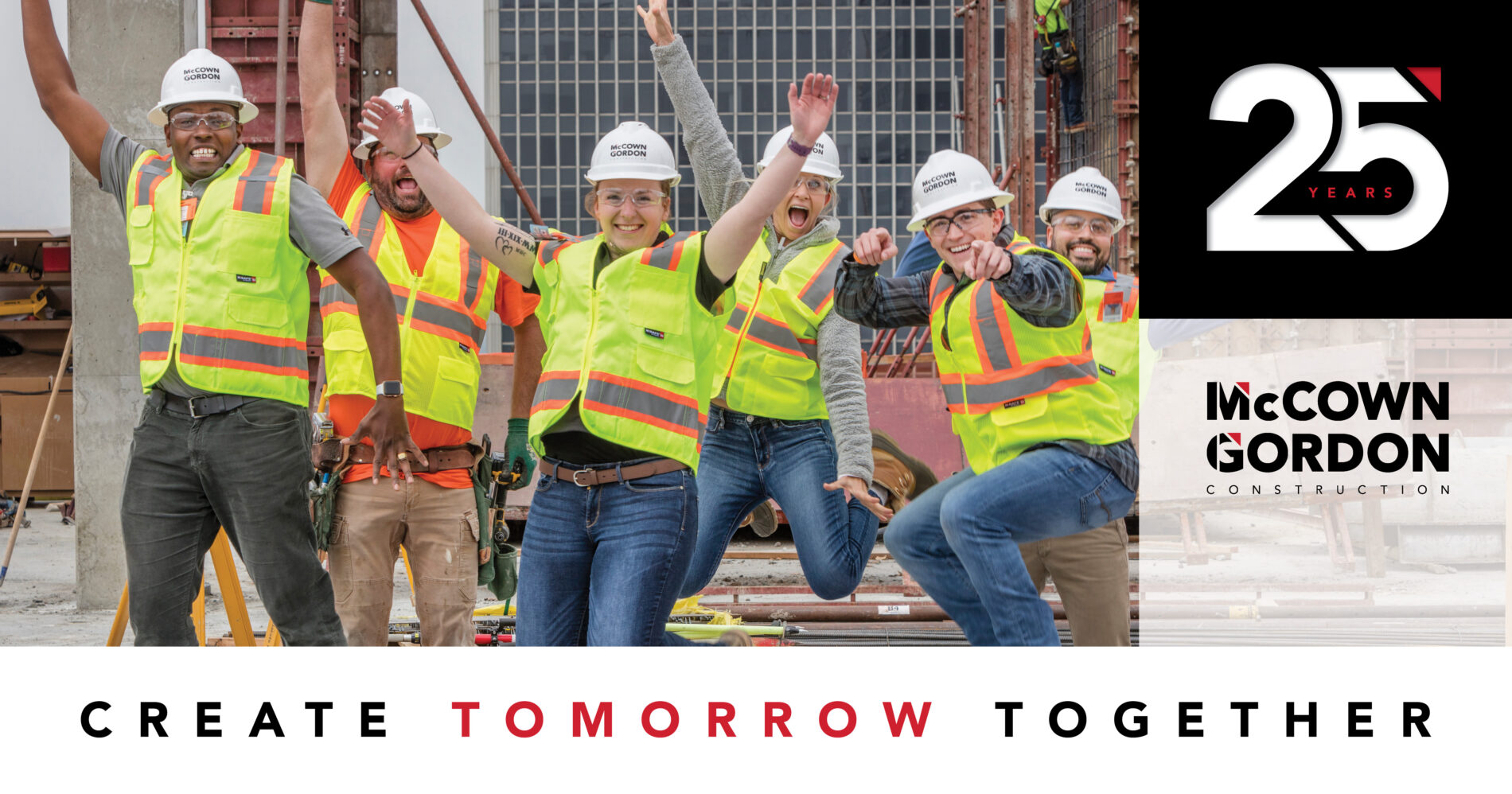Rapid Innovation in the Face of Challenge — How the Manufacturing Industry is Thriving

RAPID INNOVATION IN THE FACE OF CHALLENGE

Despite predictions of impending recession, many manufacturers with an eye on long-term growth are firming up plans to expand closer to home.
It wasn’t just the pandemic that drew attention to the need for closer manufacturing sites. Advances in technology now offer a clearer picture of the many costs that factor into the bottom line — and those figures have shown that domestic production is more realistic than previously thought. In addition, turbulent geopolitical conditions globally make offshoring riskier.
Yet many challenges remain for manufacturers as they pursue their growth plans, not the least of which are a dearth of workers and tight inventories of raw materials.
Still, despite such a swirl of economic crosscurrents, domestic manufacturing is poised for rapid growth, and Kansas City is poised to capture a fair portion of it.
At a December 14, 2022, discussion hosted by McCownGordon, a panel of local experts discussed current conditions, challenges, and expectations for the future of manufacturing in Kansas City and beyond.
A weather eye on the economy
Predicting where the economy will head is particularly difficult these days.
“I’ve been doing this business now for about 25 years, and this is probably the first time in my career when I’ve seen so many crosscurrents in the economy,” said Keith Prather, global economist and managing director of Armada Corporate Intelligence.

That means a crosscurrent could push the economy onto a different course at any moment — and helps explain why a straw poll of business owners probably would show about half planning for the best year ever and half buckling down for a recession, he said.
To illustrate the point, when CEOs sense a recession, they typically begin pulling back on capital expenditures. Yet despite predictions of a recession in 2023, corporate investment — which dove in 2020 — has rebounded and hovers near all-time highs, Prather said.
The latest surveys of small businesses indicate some pullback, but that tightening has yet to appear in the national data.
Andy Rieger is president of J. Rieger & Co., which has a distillery plus retail space in 110,000 square feet in Kansas City’s East Bottoms. His company plans a seven-figure investment in a new production line, so it’s laying the groundwork but waiting to pull the trigger until the prime moment.
An investment decision that may have required less scrutiny three years ago now demands a bit more certainty, he said.




